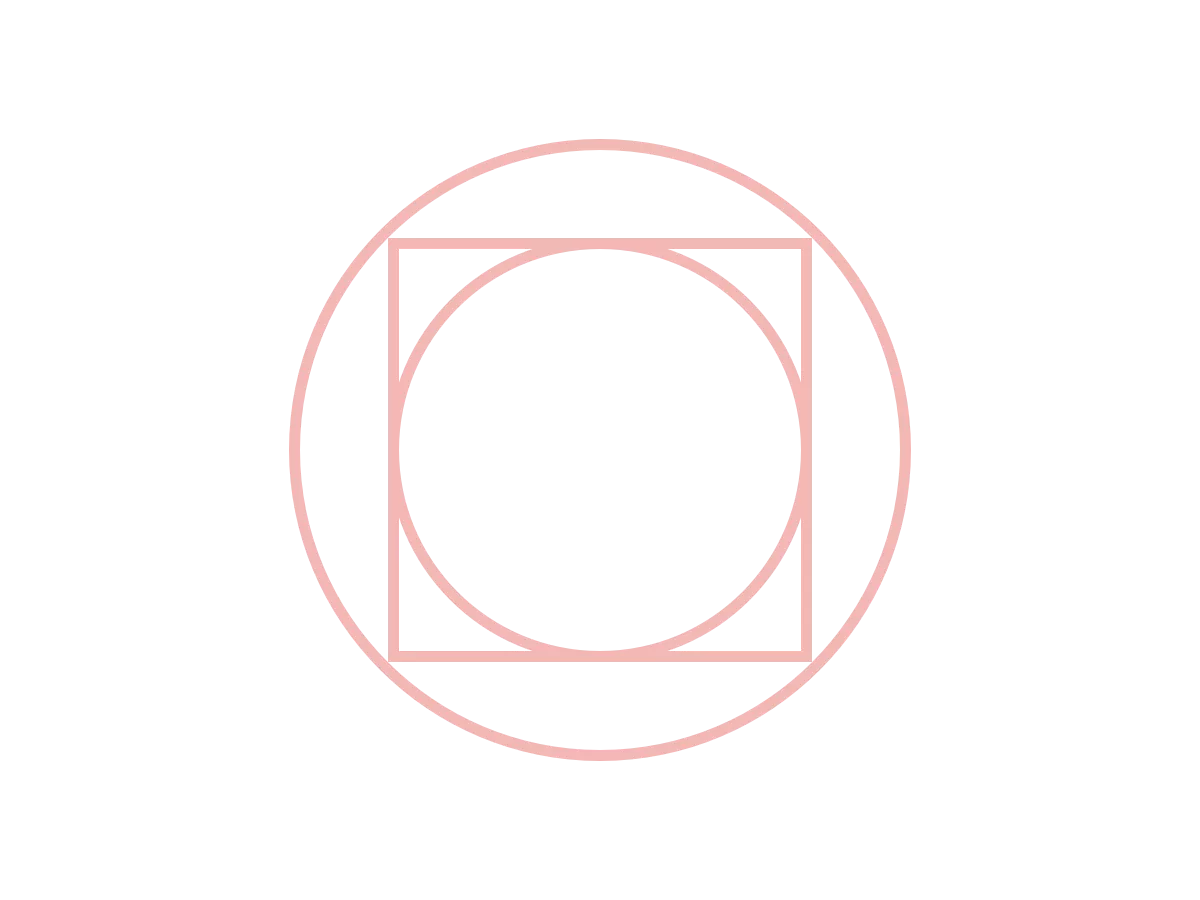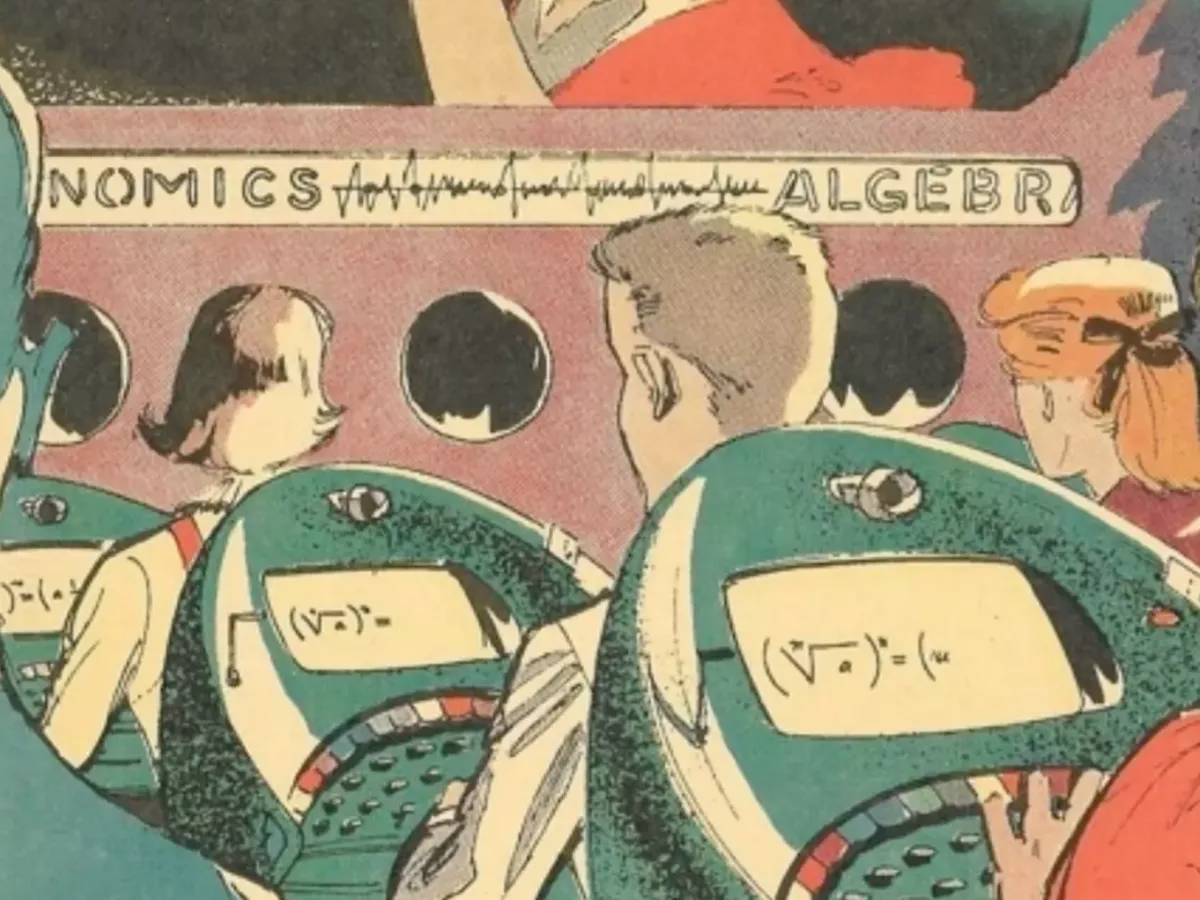(where I stick my neck out for the kill)
Perhaps it’s all the sci-fi that I have been reading. Or perhaps the end-year positivity. Or even the fact that I’ve been spending so much time on my own lately. But at any rate, I have been thinking a lot about technology and what the next few years might promise.
I must start off with a thought stolen from Ray Kurzweil, who argues that humans are notoriously bad at projecting the future. In historical analysis, technological change is growing exponentially, which I guess is very counterintuitive for us. But first we should shed the knee-jerk reaction that says technology is a bad thing and that you want a cellphone with fewer features. (But that’s a drop in the ocean.) Human-technological interaction is older than you dare imagine and was already far on it’s way up the logarithmic curve when we invented the wheel. Fire, space stations and walking sticks are all facets of the same inescapable truth: technology, in all its forms, exists because of us, and we stand where we stand because of it. We can escape to nature at any time, but the onslaught of technological change is irreversible.
Back to Kurzweil, we should remember that looking ahead by looking at our immediate past is fallacious. Rather, we have to look ahead by comparing it to all of our history. And our history tells us everything is speeding up. Microprocessor density and bandwidth and information access and computational power and communicational capacities are all going up, up, up. And they’re doing it fast.
It’s foolish to guess exactly where we will be ten years from now, but I dare venture into a few modest assumptions which I would be ready to invest (time/money) in:
- The distinction between online and offline will be the first to fall. The concept of non-online work is already difficult to conceive, and perhaps (the somewhat elusive promise of) 4G and Wi-Max will solve the issue once and for all.
- Matter/places becomes information-rich. Cities pre-tagged for tourists, meta-data rich grocery shelves, intelligent invisible signs tell you where to throw your garbage, restaurant menus and reviews when you approach the places. It gives the concept of contextual information a whole new level of interestingness. (This is why Apple’s recent deal with Starbucks is so much more than meets the eye. It’s a first step.)
- Information capture becomes pervasive. Everything (we want) is saved, captured, logged & organized. Cameras in our clothes, cars, glasses. GPSs weaved into our shirts. Every file you ever work on, with it’s infinite revisions, is saved. Everything is kept (and shared in real-time if you want).
- Information access becomes a continuous process. A few years ago we googled every day, today we google every hour. I google from my cellphone continuously already. Take it from there.
- The ubiquity and richness of interpersonal communication will approach that of real-life, regardless of distance. While prices keep approaching zero, we’ll be able to literally feel and touch each other from anywhere.
- Web services become invisible; and bridge the online/offline gap. Photos transparently go to Flickr (geotagged), spreadsheets coexist automatically on Google documents, your desktop is your desktop anywhere you want.
- Games become unbelievably immersive. HD video-walls, projected 3D sound, true haptics, complete motion detection. The technology is mostly here already, the prices just needs to drop to the hundreds.
- People-oriented tools & services will communicate intelligently. When a Facebook friend changes her phone number, the address book on your mobile phone will update instantly and transparently. You won’t even notice.
- A second revolution in corporate web solutions. Your bank website will be less like Citi.com and more like Wesabe.com. Make is social where relevant, make what matters shared.
- Personal area networks will tie our gadgets together to share status, bandwidth and processing power. Your phone will soon be as fast as the laptop you’re sitting in front. It’s CPU could be very useful.
- Transparency wins. More open profiles, more shared lists and tastes, more real names.
- Information wins. More sources, more writers, more choices. Everyone’s a blogger,
- A generation grown up on the OLPC (and it’s offspring) will start writing software, learn about e-commerce, wanting peripherals, publishing, consuming, hacking. That’s a lot of people.
- Internet starts learning. Kevin Kelly said it well. Like Last.fm is now the largest database of correlation between different artists, based purely on the tracking of anonymous habits, imagine the internet knowing more and more about everything. Including itself. Soon.This is of course moderate stuff, half of which could be done today if the right people got together. Nonetheless, it’s just the beginning.



